The following editorial was written by John Hardin of Redway. It originally appeared (images and all) on his blog.
Lately, I’ve noticed a new circular tucked into the North Coast Journal, from our local SoHum cannabis dispensary, Wonderland Nursery. Even though we live in the heart of the marijuana industry, we were one of the last places in California without a dispensary, until Wonderland opened up a few years ago, specializing in potted cannabis seedlings. I see from their circular that they now also dabble in edibles and concentrates.
I’ve never been to Wonderland, but I always enjoy hearing “The Ganjier” of Wonderland Nursery, Kevin Jodrey, talk about marijuana. In my lifetime so far, I have listened to way too many people talk way, way, waaaayyyyy toooooo much about marijuana. Really, I love marijuana,and I’ve grown marijuana, but I don’t find gardening particularly interesting. I’m more interested in getting high, and when I get high, the last thing I want to hear is some idiot drone on about how awesome this new strain of marijuana is. I get it. I’m stoned. It’s good pot. Now shut up about it.
But it’s different with The Ganjier. Jodrey really knows his cannabis, and he’s very articulate and well spoken. When I have the opportunity to hear him talk about marijuana, I take notes. So, of course, I read the editorials that appeared in the Wonderland Nursery circulars. I don’t think I’ve ever read an editorial in an advertising circular before. But I’ve also never seen a circular advertising marijuana plants before, so the Wonderland Nursery insert struck me as novel for a couple of reasons.
Anyway, the first editorial I read from the Ganjier pointed out that as we move towards legalization of cannabis, the interests of the “cannabis cause” will diverge from those of the “cannabis industry.” I appreciate the heads up, Kevin, [The Outpost was informed that the editorials, which are credited to “Wonderland Nursery,” were not written by Jodrey. -Ed] but I’ve seen the cannabis cause, and the cannabis industry, and I don’t think the two could be any more divergent. The cannabis industry loved prohibition because prohibition made an easy-to-grow weed more valuable than gold.
The cannabis cause was made almost entirely of marijuana consumers. The people I met through High Times Freedom Fighters and MassCann all had jobs. Back then, people from the “cannabis industry” only joined the “cannabis cause” after they got busted. Some of us grew our own weed, but we supported the legalization movement with money we earned at work, and we attended rallies, wrote letters and went to meetings in our free time, and we bought marijuana at outrageously high black market prices.
Thankfully, Jack Herer came along. Jack sold books, bumper stickers and T-shirts and taught people all over the country how to sell legalization. Thanks to Herer and his book, The Emperor Wears No Clothes, marijuana legalization became a business, and anyone could open a franchise. Jack taught us to sell legalization, and pretty soon some people were making a living from it. That’s what turned the tide towards legalization. The cannabis industry had almost nothing to do with it.
The cannabis industry was busy making money, from us, the cannabis cause. They were buying big diesel generators, damming creeks and putting out rat poison. They were breeding better marijuana; I’ll give them that. But when it comes to legalization the cannabis industry was not a big help, except for the fact that marijuana smokers everywhere really, really resented the high prices, and that resentment motivated them to work for legalization.
So, now that legalization seems inevitable and the cannabis industry begins to rise up out of the muck of prohibition, it’s not asking, “How may we help you?” Instead, it’s warning us that it may no longer have our best interests at heart. The Ganjier warns those of us who want to “free the weed” that the cannabis industry prefers to “expensive the weed.”
In the second editorial, however, The Ganjier laments all of the bad publicity that the cannabis industry has experienced lately. Why does the press always focus on the habitat destruction, the murders, the stream diversions and the rat poison when there’s so much more to the cannabis industry than that? Look, one dispensary uses electric cars, the Ganjier tells us.
The Ganjier thinks that the cannabis cause should help the cannabis industry with its little image problem. I don’t think so. Here’s why:

First, people should know that Humboldt County is a terrible place to grow cannabis. People should know that this is not farmland. We live in a forest. The land here is steep and poorly suited to agriculture. You cannot produce cannabis here economically without the huge government subsidies known as prohibition. This is not a place for farmers. This is a place where criminals go to hide their criminal activity. Now that cannabis is going legal, the cannabis industry should move out of the closet known as Humboldt County.
Second, people should see the ugliness and the stupidity behind the current cannabis industry. People get killed. People get hurt. Lots of people get ripped off. Besides that, people in the cannabis industry do a lot of really stupid shit, like setting a camper on fire on the side of the road, or dropping a refrigerator off of the Alder Point bridge, or leaving a truck full of diesel fuel parked in the riverbed.
Finally, the cannabis industry has all of our fucking money. If the cannabis industry gave a fuck about anyone but themselves, not only could they have legalized pot, they could have financed a guerrilla army that would have already liberated this nation from the capitalist police state, once and for all. They don’t give a fuck. Instead, they want bigger trucks, wider TVs and newer smartphones. So fuck ‘em.
Listen, if the newly emerging legal cannabis industry wants help from the cannabis cause, the cannabis industry damn well better find a way to produce marijuana at a reasonable price. No marijuana is worth more than $50 an ounce, and I’d much rather see the current cannabis industry collapse than support the environmental destruction, violence, and stupidity that defines the cannabis industry today.
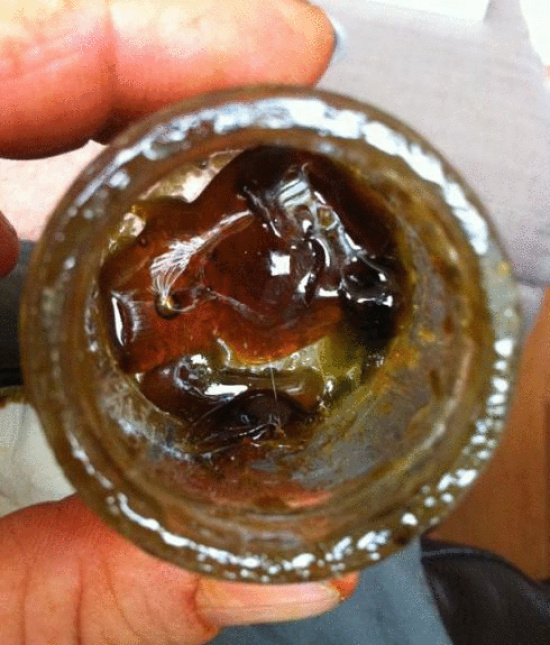


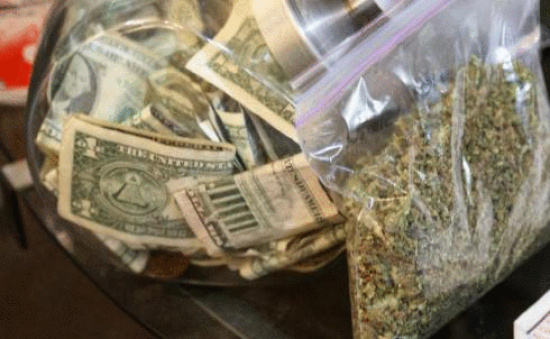
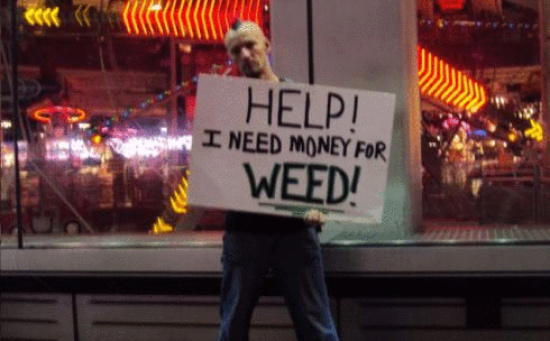
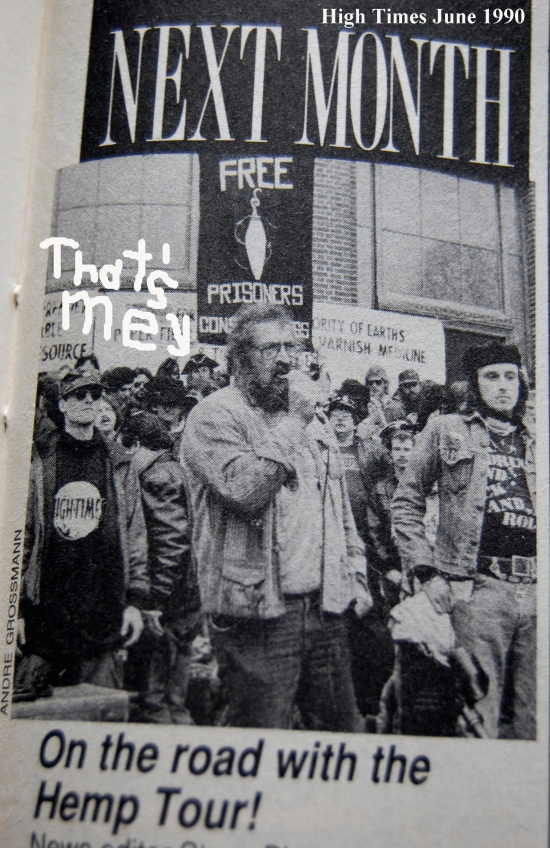

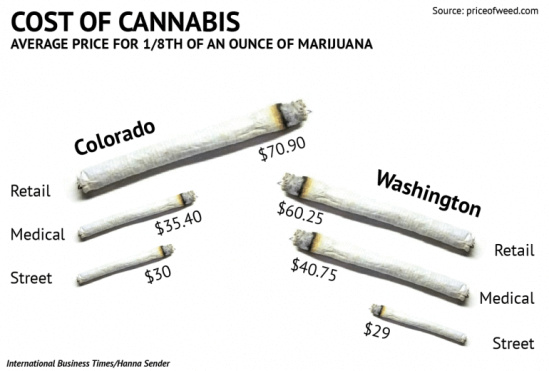
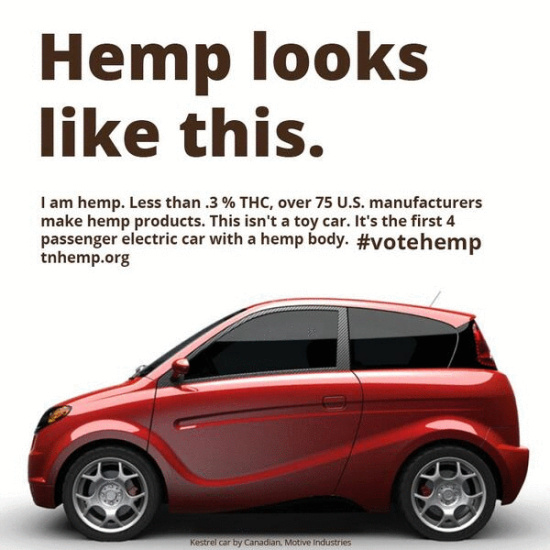
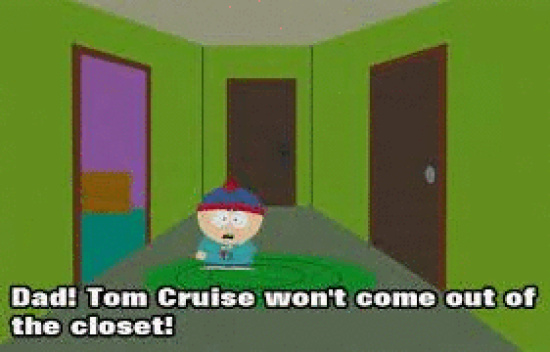



CLICK TO MANAGE